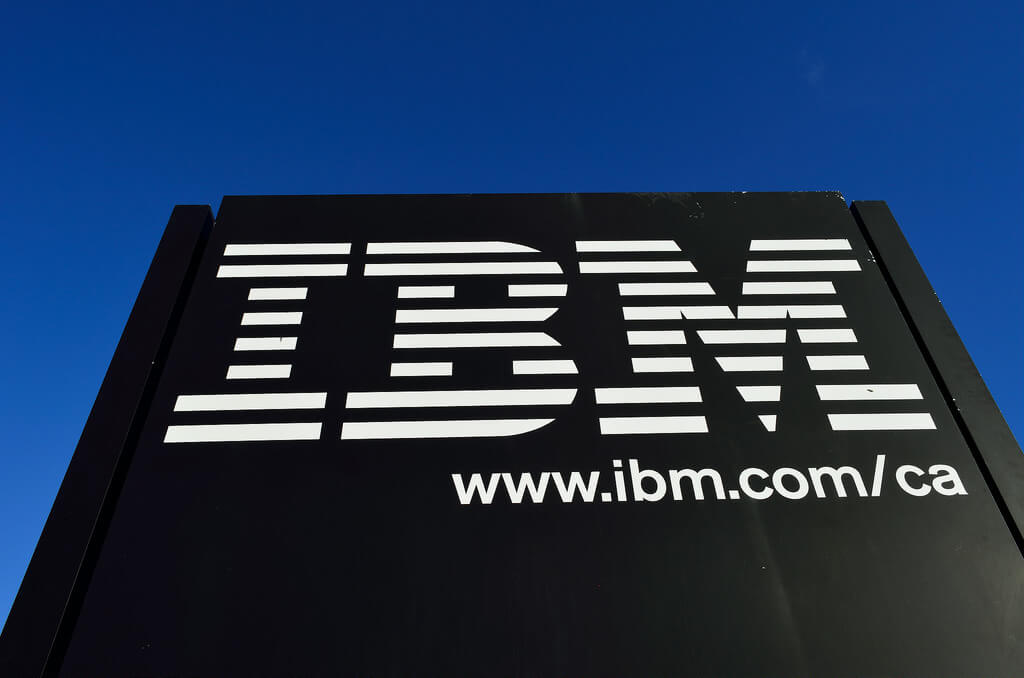Four banking giants have joined IBM-led and UBS-backed initiative to create a new global trade finance platform Batavia.
Bank of Montreal (BMO), CaixaBank, Commerzbank and Erste Group have joined the collaboration between computing giant IBM and UBS Group AG aiming to develop the initiative of building a new global trade platform based on blockchain technology, according to the latest press-release. The idea was initially launched by IBM and UBS in 2016.
The new platform called Batavia is expected to be openly accessed by organisations of all sizes globally. Batavia is built to support trade finance for transactions across all modes of trade, including all kinds of goods transportation – by air, land or sea.
Batavia is built on the Hyperledger Fabric Blockchain Framework powering the IBM Blockchain network, an enterprise-grade distributed ledger technology service offered by IBM designed to support projects of any scale.
The five collaborating banks and IBM are going to consult with transportation industry and bank’s customers in order to ensure the new platform is flexible and intuitive for customers and can eventually be commercialized.
Pilot transactions with customers on the network are expected to be performed in the early beginning of 2018 in order to test and refine the platform.
Batavia is hoped to facilitate the process of building multi-party, cross-border trading networks for organizations of all sizes by being totally transparent and clear. With the help of Batavia, transacting parties will be able to view the progress of a shipment as it leaves the warehouse, is loaded onto a carrier, and arrives at the receiving port, automatically releasing payments incrementally along each step of the process.
Fabio Keller, IBM project lead, commented:
“In working with hundreds of clients to implement blockchain solutions, financing global trade has emerged as one of the use cases most in need of innovating.Targeting the creation of large, global, multi-modal networks that bring transparency and trust to each step of the trade process is what makes Batavia a platform with so much potential to transform the way companies around the world do business with one another.”
The new platform is targeted to transform global trade by implementing blockchain technology. Batavia’s open nature inspires many banks, vendors and regulators to broad participation, which leads to opening new trade corridors, bringing new players into the market and expediting processes that were prohibitively time-consuming and expensive before.
Beat Bannwart, Head Strategic Innovation & Market Development, Corporate & Institutional Clients at UBS, said:
“Today, the process of securing and financing trade is highly cumbersome for corporates. Through working closely with our clients, we aim to innovate their user experience through a simple, digital and automated way of arranging, securing and financing their international trade transactions by leveraging new technology and creating an open ecosystem.”
A shared vision of the truth that can easily be accessed by all participants in a transaction leads to greater trust, building larger and more distributed networks, and in turn, growing revenue.
Earlier in June IBM has partnered with seven European Banks to develop a new trade finance platform based on IBM Blockchain powered by Hyperledger Fabric for the purpose of facilitating domestic and cross-border trade for small and medium enterprises in Europe and increase overall trade transaction transparency.
And two months later, in August, IBM has partnered with a group of companies across the global food supply chain aiming to prevent contaminated food from reaching consumers. In that way, Dole, Driscoll’s, Golden State Foods, Kroger, McCormick and Company, McLane Company, Nestlé, Tyson Foods, Unilever, and Walmart will work with IBM to identify new areas where the global supply chain can benefit from blockchain.
